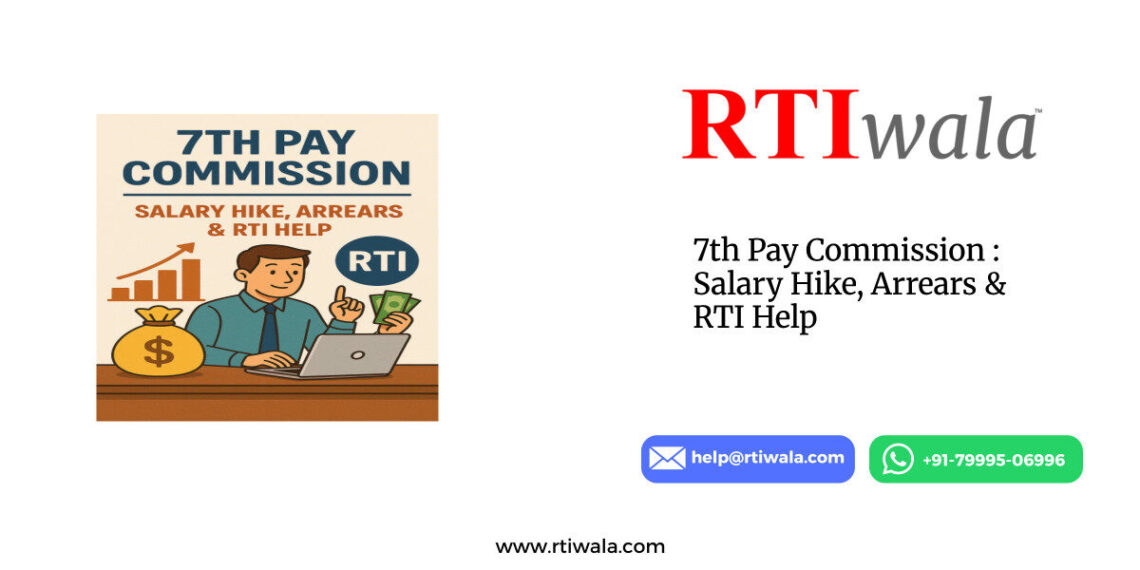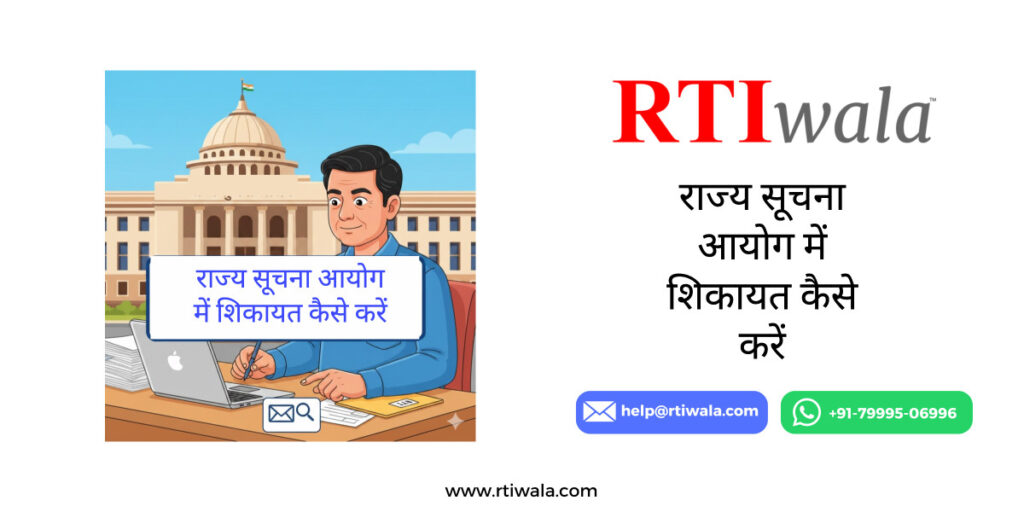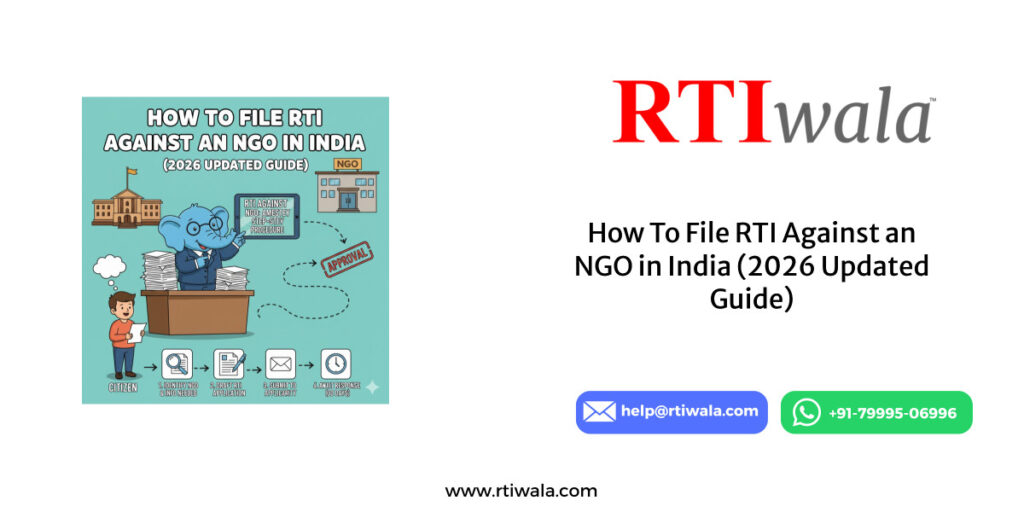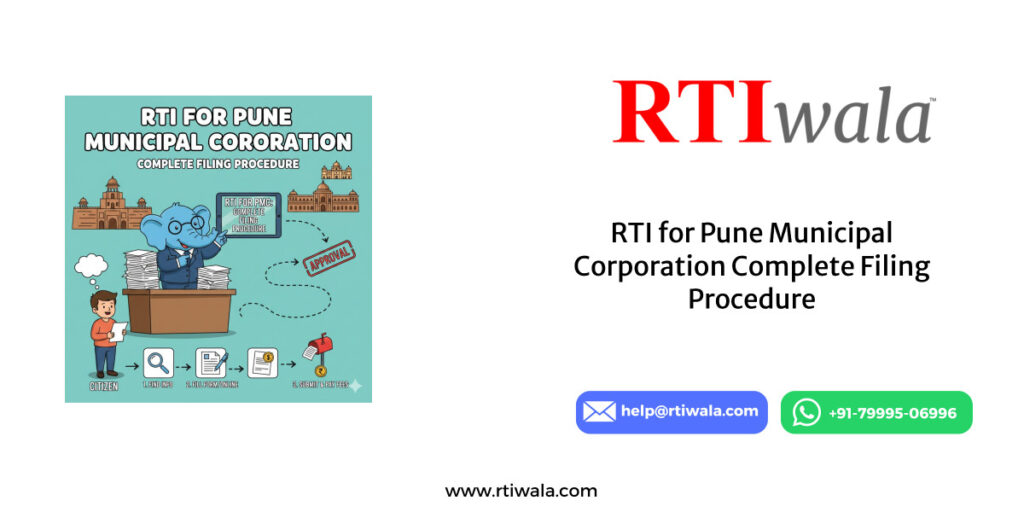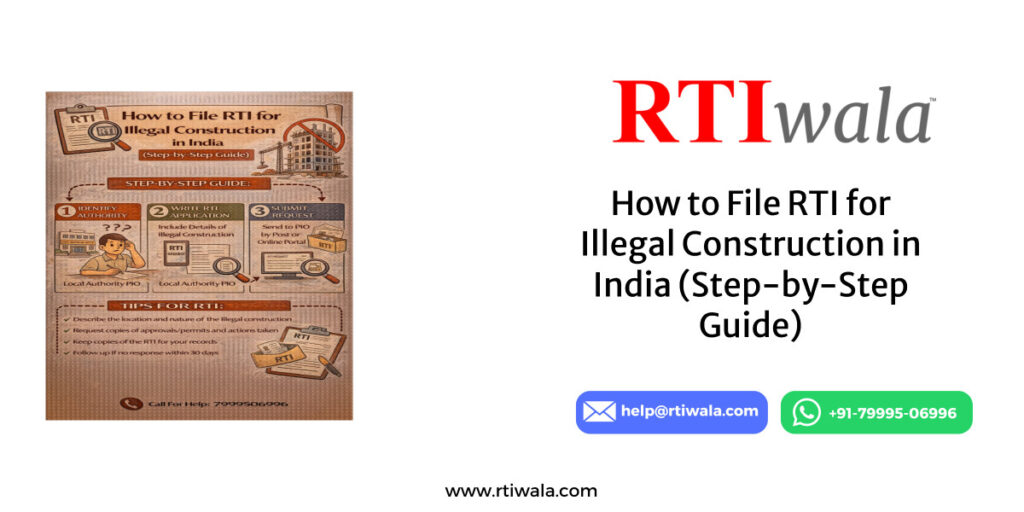Introduction
If you’re a government employee or someone closely associated with the public sector, you’ve likely heard the term 7th Pay Commission thrown around. But what exactly is it, and why is it so important?
The Pay Commission is a government body set up every few years to review and recommend changes to the salary structure of central government employees and pensioners. The 7th Pay Commission, in particular, created a massive impact, influencing over 50 lakh employees and nearly 58 lakh pensioners. With rising inflation, lifestyle demands, and economic shifts, these pay commissions aim to bring salaries in line with the current cost of living.
But beyond just figures and perks, there’s more to know—about arrears, implementation dates, state-wise adoption, and how you can use RTI to get clarity if your dues are delayed.
Detailed Overview of the 7th Pay Commission
Historical Context: From 1st to 7th Pay Commission
The first Pay Commission was set up in 1946, and since then, India has had seven of them. Each one has aimed to bring more fairness, standardization, and economic parity to the wages of central government employees.
The 7th Pay Commission was constituted in February 2014 under the chairmanship of Justice A. K. Mathur, and its recommendations came into effect from January 1, 2016, though they were formally implemented later that year.
Key Recommendations of the 7th Pay Commission
- Minimum Pay Increased
The minimum pay was raised from ₹7,000 to ₹18,000 per month. - Fitment Factor
Salaries were multiplied by a fitment factor of 2.57, meaning a significant jump in take-home pay. - Pension Hike
Pensioners benefited from a similar multiplier, with no need for full recalculation of pension based on 6th Pay Commission data. - Pay Matrix System
A simplified pay matrix was introduced, eliminating grade pay and providing clearer career progression. - House Rent Allowance (HRA)
HRA was revised to 24%, 16%, and 8% for Class X, Y, and Z cities respectively, with provision for automatic revision when DA crosses 50%. - Annual Increment
A uniform annual increment of 3% of basic pay was retained. - Performance-Based Incentives
The Commission recommended performance-related pay for better governance and motivation. - No New Allowances
More than 50 allowances were either abolished or merged with existing ones.
Implementation Status
- The 7th CPC was accepted by the Union Cabinet in June 2016.
- Arrears were paid with effect from January 2016.
- Many state governments adopted the 7th CPC framework over the following two years.
- Some PSUs and autonomous bodies implemented it with slight modifications.
Practical Implications
- Enhanced income for lakhs of government employees.
- Increased pension payouts, aiding retired staff.
- Boosted consumption and demand in the economy due to higher disposable income.
- Raised expectations for the 8th Pay Commission, expected in the coming years.
What If Your 7th Pay Commission Benefits Are Delayed?
In several cases, especially at the state level or in PSUs, there have been delays in releasing arrears, incomplete implementation, or non-payment of revised pension. Employees have the right to ask for:
- Reasons for the delay
- Date of implementation in their department
- Calculation details of revised pay
- Clarification on omitted allowances
Advantages of Using RTIwala for Pay Commission Related Issues
When you’re stuck waiting for a salary revision, pension update, or arrears release, filing an Online RTI through RTIwala is the most effective way to get transparent and timely answers.
Why RTIwala?
Track Your Application – Get status updates for your RTI queries.
Custom Drafting – No need to write formal applications. Let experts at RTIwala draft them for you.
Anonymous Filing – Concerned about job safety or internal backlash? Use Anonymous RTI to file safely.
Follow-up Add-ons – Not satisfied with the reply? File a First Appeal directly through RTIwala.
Whether it’s your department not replying or your pension still reflecting old values, you can legally push for accountability using RTI.
How RTIwala Empowers You
RTIwala isn’t just another platform—it’s a legal ecosystem designed to help you navigate the RTI process smoothly, with full compliance and expert support.
🔍 Expert Consultation
Need to discuss your salary or pension delay with a legal expert? Book a call and get personalized guidance.
📝 Online RTI Filing
File your RTI in just a few clicks. No complicated forms or running to offices.
🙈 Anonymous RTI
Whistleblower or employee afraid of backlash? Your identity stays hidden.
✍️ Custom Drafting
Let RTIwala handle the legal writing. You just approve and submit.
🎯 Products & Services
From appeals to follow-ups, RTIwala has solutions for every step in your RTI journey.
Final Thoughts
The 7th Pay Commission was a milestone reform that significantly improved the financial lives of government employees and pensioners. But implementation gaps, confusion over eligibility, and delays in disbursing dues are still prevalent.
That’s where the Right to Information becomes your strongest tool—and RTIwala your most reliable partner.
So if your department isn’t responding, your pension is stuck, or your pay matrix looks incorrect—don’t wait. File your RTI now.
👉 Visit RTIwala.com or call +91-7999-50-6996 for step-by-step assistance.












































